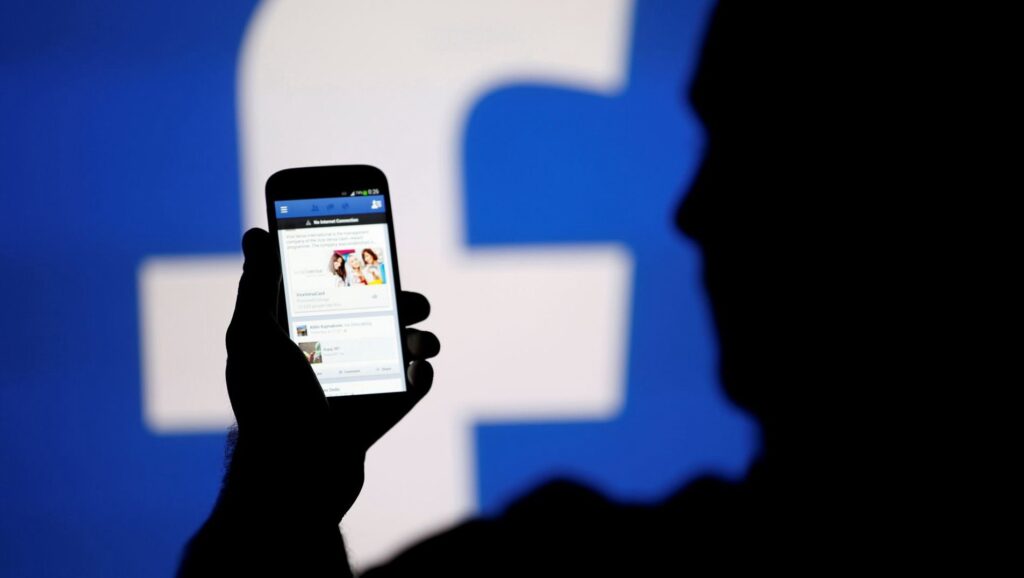Following the tragic killing of conservative personality Charlie Kirk, social media has taken center stage in the discussion around political violence and societal division. Kirk, known for his mastery of social media as a conservative influencer, became part of a heated online discourse as supporters and critics alike grappled with the implications of his death.
Often viewed as a microcosm of broader societal issues, platforms like X and TikTok have seen an explosion of posts related to the incident, prompting a discourse on how digital spaces shape our perceptions and reactions. Investigators are now looking into the digital footprint of Tyler Robinson, the man accused of Kirk's murder, seeking answers in the 'dark corners of the internet' where incendiary ideas are sometimes bred.
Uneasy Conversations on Social Media
Utah Governor Spencer Cox has labeled social media a 'cancer' that manipulates user emotions for profit, echoing widespread concern over the technology's effects on public behavior. On NBC's “Meet the Press,” he stated, 'The most powerful companies in the history of the world have figured out how to hack our brains, get us addicted to outrage.' The sentiment reverberates across political lines, with many echoing the need to re-evaluate how the platforms dictate discourse.
Additionally, Democratic Senator Brian Schatz urged Americans to step away from screens and engage with life beyond the contentious digital landscape. His advice resonates with a growing awareness among the public about the pitfalls of prolonged social media usage. As viral clips of Kirk's assassination permeate feeds, they reveal how swiftly tragic events can provoke a slew of online reactions, often filled with outrage and division.
Amplified Voices and Inflammatory Rhetoric
The divisive atmosphere online has led to a barrage of inflammatory remarks from both sides of the political aisle. There are now calls for accountability on social media platforms, as users combat perceived disrespect toward Kirk by identifying and targeting negative comments related to his life and legacy. Meanwhile, the MeidasTouch media company has collected posts from conservatives framing their narratives as a call to arms, highlighting the back-and-forth nature of conflict in the digital age.
Weathering this polarization, prominent voices like Ben Shapiro recognize the reciprocal nature of the issues facing society and the need for constructive dialogue. As discussions around censorship and accountability heat up, the landscape remains fraught with tension, reflecting the broader challenges of uniting a fractured populace.
Reinforcing the notion that social media has a hand in bifurcating public sentiment, James Talarico, a state legislator from Texas, suggests that a collective effort is essential to address the divisions that have stemmed from algorithm-driven social interactions. 'We’ve got to find our way back to each other because that’s the only way we can continue this American experiment,' he stated on MSNBC.
The Global Perspective: A Broader Examination
While the discourse in the U.S. remains fervent, events unfolding in Nepal present a sobering reminder of the tumultuous relationship between governance and social media control. As protests erupted over proposed bans on social platforms, a stark illustration of the potential violence and suppression of free speech surfaced, prompting questions about the effective moderation of digital interactions globally amidst rising unrest.
Strengthening this dialogue around social media's role in shaping political and social landscapes remains challenging. The responsibility of platforms to evolve their algorithms, reduce inflammatory narratives, and foster healthier discourse cannot be overstated as public awareness grows. However, tangible change appears complex, and the continued engagement with technology will likely define future societal norms.





















